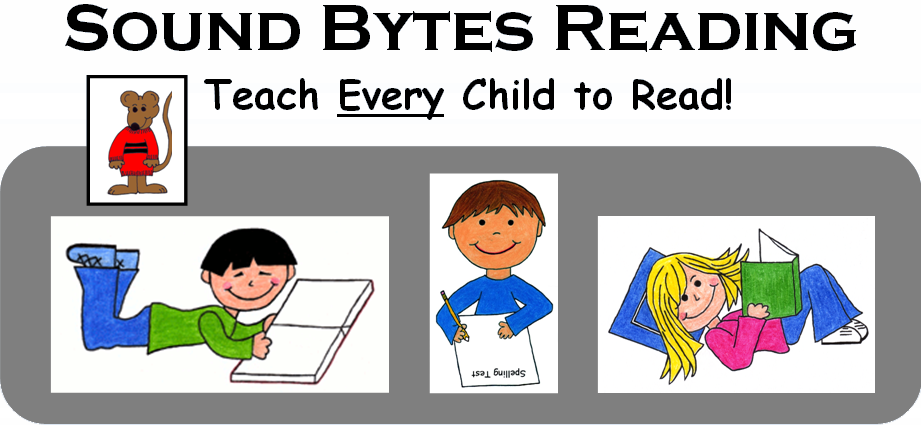Common Core and Reading Assignments—What Are We Missing Here?
 What a concept! Some teachers assign books to their students that they can actually read instead of assigning them to read books that are far above their reading ability! Is this surprising? Is it a bad thing? Are policy-makers suggesting that students should be assigned to read books at an instructional level that they cannot read because those students are in a grade based on their age?
What a concept! Some teachers assign books to their students that they can actually read instead of assigning them to read books that are far above their reading ability! Is this surprising? Is it a bad thing? Are policy-makers suggesting that students should be assigned to read books at an instructional level that they cannot read because those students are in a grade based on their age?
The Thomas B Fordham Institute published a report on October 22, 2013 titled, “Common Core in the Schools: A First Look at Reading Assignments.” Here is a quote from the press release:
The CCSS emphasize the centrality of texts in the English language arts curriculum. Yet the majority of teachers still report that their lessons are dominated by skills and are more likely to try to fit texts to skills…Indeed, an astonishing 73 percent of elementary school teachers and 56 percent of middle school teachers place greater emphasis on reading skills than the text…
The Common Core asks teachers to assign texts that provide language complexity appropriate to the grade level, but significant proportions of teachers—particularly in the elementary grades—are still assigning texts based on students’ present reading prowess. Specifically, the majority of elementary teachers (64 percent) make substantial efforts to match students with books that presumably align with their instructional reading levels…This means that many youngsters are not yet working with appropriately complex language in their schoolbooks.
It appears that because students need to be learning complex language, they had better be reading complex words. That is all fine and good if the student is a strong reader and can actually read those complex words. But many students are not strong readers due to poor instruction and through no fault of their own. What are we to do? Start where the student is, not where you want him to be.
Let’s say you go out to the mountains and you are just learning how to ski, so you can barely stay standing up on your skis. Your instructor takes you out to the bunny slope and gives you some tips on how to fall safely (because you are going to fall!) and how to point your ski tips and whatever else they teach a beginner. But the resort owner comes out and tells the instructor that you need to be practicing the giant slalom because that is what skiers should be doing at your age. Wonder how well that’s going to work?
What are we to do? Start where the student is, not where you want him to be. You cannot start where you want them to be if they have not learned the skills needed to function at that skill level and expect them to be successful. That is a recipe for creating dropouts.
If students are reading at a first grade level, then they need to begin at that level and be taught the skills that will allow them to quickly improve their ability. We have programs available that will do exactly that—but we aren’t using them nearly enough and our students are paying a high price.
We can teach students the complex language in higher level books—but we can’t expect them to read those texts on their own until we have taught the reading skills that they need to do so. We should not discourage struggling readers—we must start where the student is. We know that students learn much of their extensive vocabulary from reading a lot of books—but students who cannot read well have been left behind.
Instead of insisting that we force difficult or impossible reading assignments on our struggling readers, we need to put a much greater effort into first teaching students to read well. We need to think in terms of teaching students to read well by the end of first grade rather than by the end of third grade. But if that is not where they are—what are we to do? Start where the student is, not where you want him to be!
See the Thomas B Fordham Institute report “Common Core in the Schools: A First Look at Reading Assignments” here: http://www.edexcellence.net/publications/common-core-in-the-schools#
Sound Bytes Reading helps struggling readers learn the basic skills they need to become strong and independent readers. www.SoundBytesReading.com
